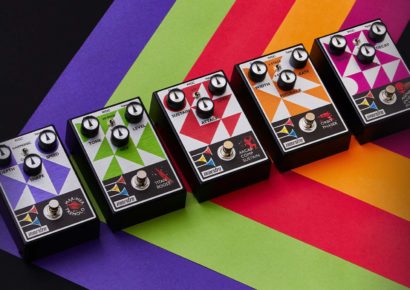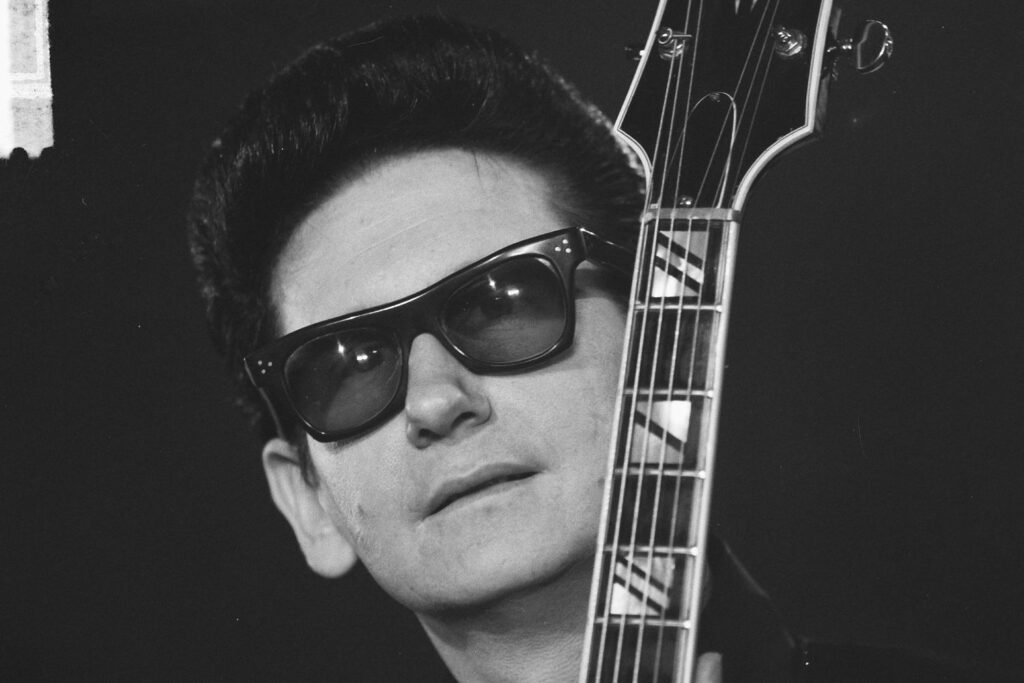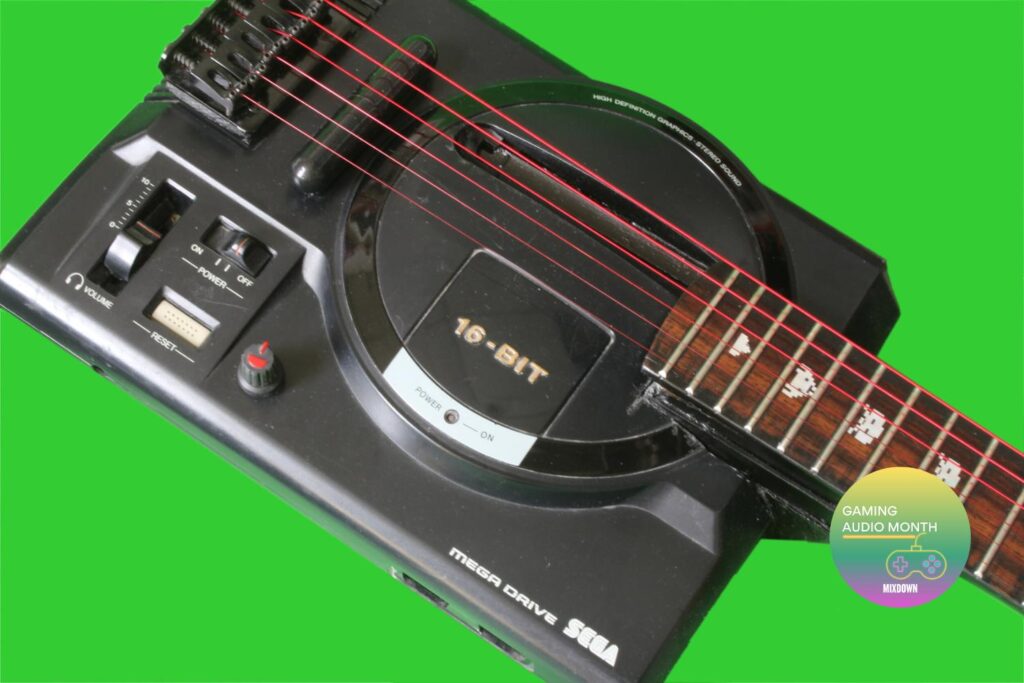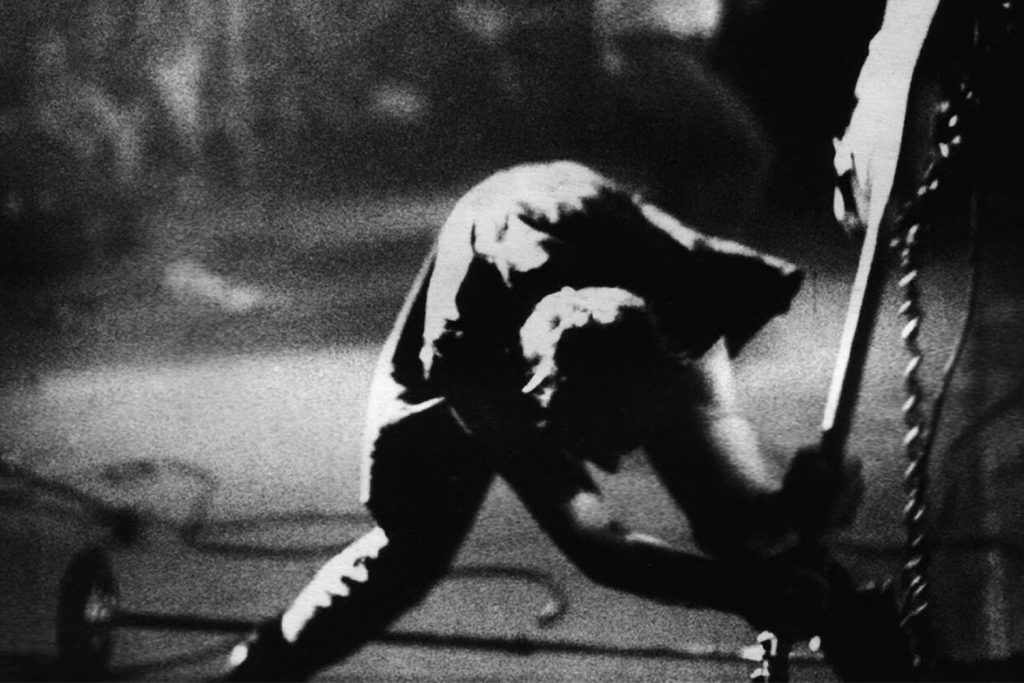Northlane guitarist Josh Smith is a man who knows what he wants in a guitar
But that wasn’t exactly something that could be found off the shelf – until now.
Smith, a longtime Jackson player, has partnered with the American company and its owner Fender Musical Instrument Corporation to present the Jackson Pro Series Josh Smith Soloist SL7 ET, a 27” scale seven-string monster so heavily-spec’d that on paper it reads more like a Custom Shop instrument.
Read up on all the latest interviews here.
We caught up with Smith to talk about his newest weapon.
Mixdown: How did how did the connection with Jackson first come up?
Josh Smith: It was a really long time ago. First time I ever toured the US, I was on tour with Veil of Mya and their guitar player Marc Akubo, who’s an absolute machine, was playing Jackson back then. I was playing some Australian-made luthier guitars and they were really nice but they were just not holding up too well on the road. The neck on one broke at a show when I brought it inside because it was minus 20 in Montreal in the winter and I went into a hot, humid venue and the neck literally cracked as I pulled it out of the case. So when that happened, I thought, ‘I need to have a bit more support as an artist’.
And the Jacksons that Mark had, I just thought were so sick, so I got him to put me in touch with his rep. They just brought out the B7 model at that stage and it was, to my knowledge, the only baritone seven-string on the market back then with a fixed bridge. So I got in touch and a few days later I had a B7 and modified that platform pretty heavily to my liking over the next few years. EverTune, Bare Knuckle pickups… and I have a B7 that actually kind of resembles this signature model that I have now, which is like a refinement of all of the Jacksons that I’ve been playing in between.
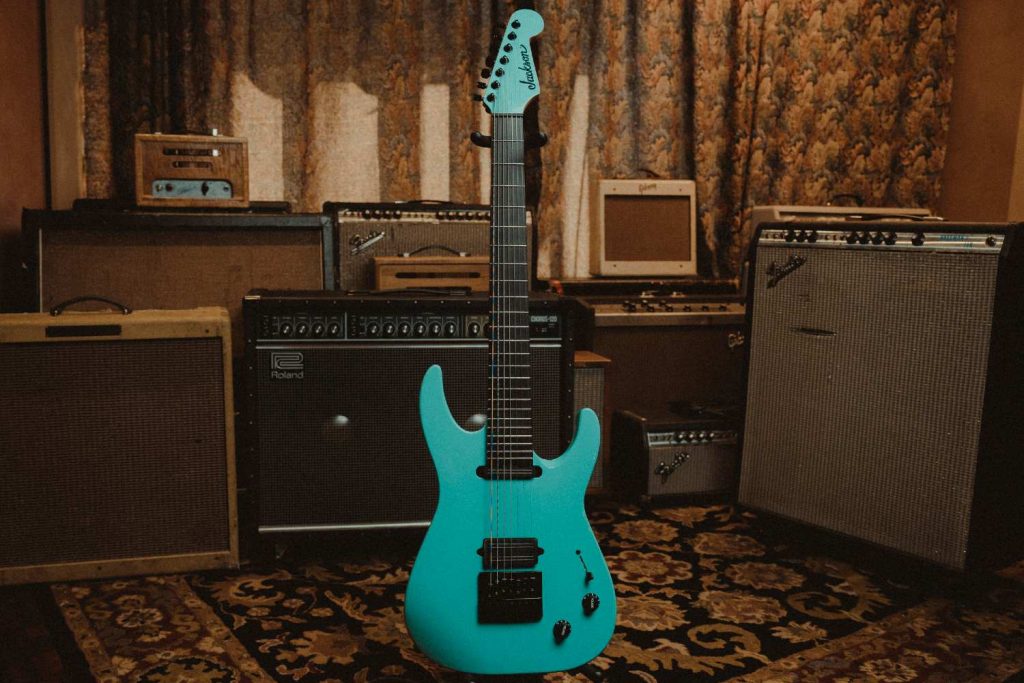
The specs are so specific. This isn’t just some random Jackson seven-string with your name on it.
I mean, like, first and foremost it’s really simple. One of the things I come to find works for me really well is a less-is-more approach to a guitar, especially when I’m touring a lot. If there are less things that can break on it, that’s gonna be better for the long term because something will go wrong eventually. And the guitar is exactly what I need it to do. It can do a lot more too.
You look at the specs and you go, ‘Oh that thing must feel like a monster to pick up’, because it does have a pretty wide neck if you compare it to some other brands of seven-string, and obviously it’s a 27” scale so it’s quite substantial, but when you pick it up and you play it, it just makes sense. It feels like a guitar. It doesn’t feel like a bass. It sounds great.
I find a lot of baritone guitars will have a sort of midrange to them that you can’t really dial out for better or worse. And because the pickups are in this guitar and my signature Bare Knuckles, they’re really voiced perfectly for the tonewoods and the construction and the scale length of the guitar. So it does give you a much more versatile platform.
Two volume knobs. That’s an interesting choice.
Yeah. Well I love single coil pickups, but usually they’re wired in a way that the the load of the volume pots detracts from the sound of one of the pickups, whether or not it’s the neck or the bridge. You’ll either have a 500 or a 250K pot in there. If you have a 500K, the single coil sounds really, really bright. And when you switch between the two, the voicings don’t really sit as they should for the same guitar in my opinion.
You can address that by putting a resistor between the neck and the volume if you want, but by having the dual volume set up and the way this guitar’s wired, what it actually does is firstly gives you the right attenuation to each pickup, so they both sound as best as they can. But on top of that, you actually get a fourth pickup voicing. Whereas in the switching on the three-way switch, you’ve got the full bridge humbucker, the full neck pickup, and in the middle of that, the coil of the bridge with the neck and hum canceling, and if you roll back the neck, then you just get that single coil on its own. So that’s one of the reasons why I’ve done it.
And it’s part of the Pro Series, so it’s not cheap but it’s not like shelling out the huge Custom Shop bucks.
When I first got approached about it they were talking about Custom Shop instead and I said no, it’s really important for me to make this as affordable as I can. I’m still retaining the specs that make it good enough for me to pick up and walk onto a stage with. It’s a nice crossroads between, well, it’s clearly a premium instrument, but the lowest price point you could possibly get it.
The EverTune bridge is a great asset!
Well, take this on board: I haven’t had a tuner on my pedalboard since I started using it live. Like, at all. Also, one of the biggest issues with playing in low tunings is intonation. When you’re in the studio and you’re trying to record and there are all kinds of chords going on, having to go back and tune just really blows the process out to get it to sound as good as you can.
So to have an EverTune is not only the benefit of the guitar staying in tune perfectly, but when you’re playing an instrument like this, everything on it sounds better. I don’t really think any arguments about what it can do to the tone of a guitar are valid because I don’t think that an out-of-tune guitar can ever sound better than one that is in tune! Especially in the context of a band. Like, it’s just kind of null and void. So I can’t live without it at this stage. I don’t have any guitars that we would use in the studio or live that don’t have EverTunes on them.
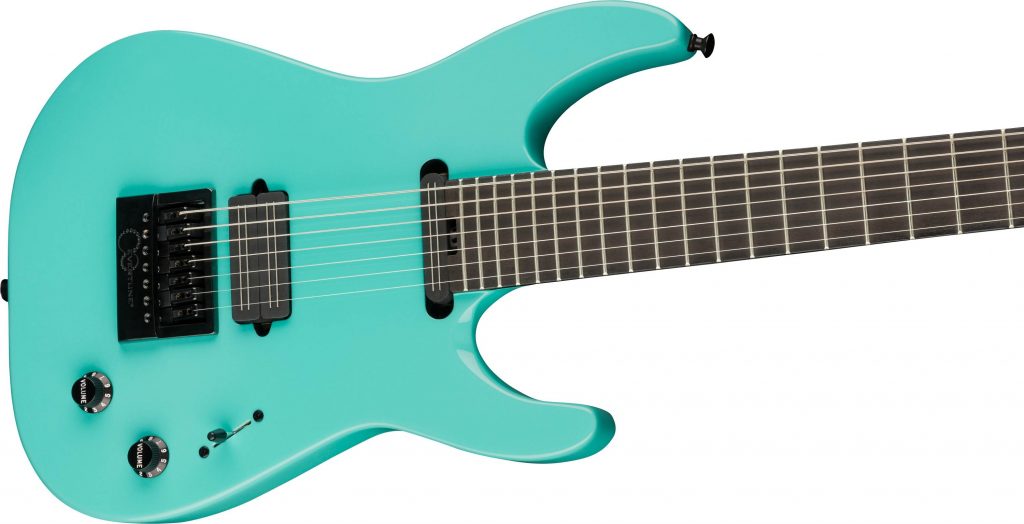
Head to Jackson for more information. For local enquiries, reach out to Fender Music Australia.

